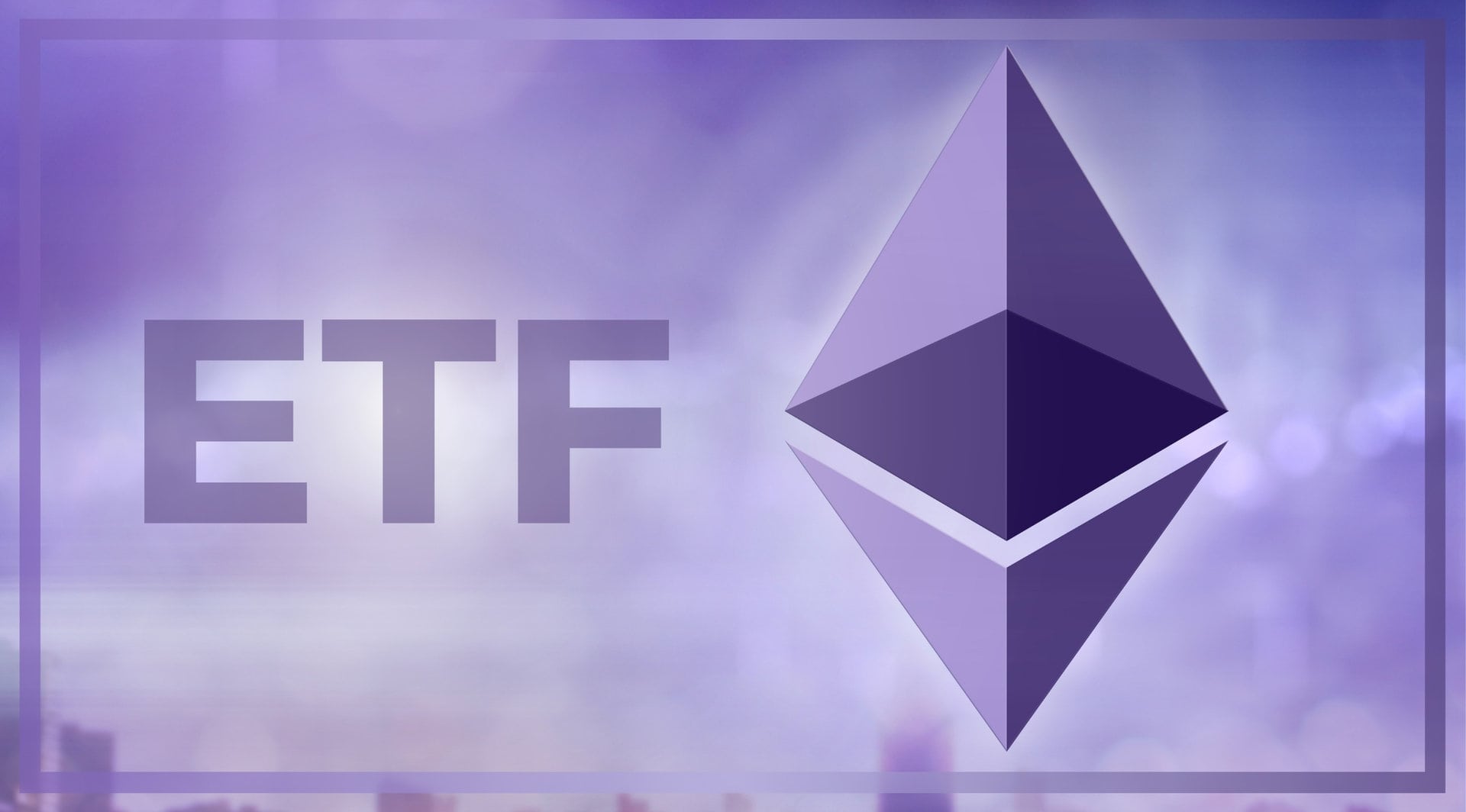Last week, Nick Szabo spoke at the Bitcoin 2021 conference in Miami on ‘The History of Money’. In his speech, Szabo identified the fundamental problems that he sees with the ‘fiat regime’ which he claims Bitcoin can fix.
In short: ‘We have seen that Bitcoin solves a number of fundamental historical shortcomings of precious metal and fiatist money. Costly and insecure delivery and custody problems is solved by a seamless global network of Bitcoin full nodes and good key management practices. Expensive or trust-based validation is probably the most important flaw and the most important improvement Bitcoin is bringing. That gave rise to some really fundamental things we’ve seen in financial history, such as the need for coins or IOU banknotes later with all the abusable trust that came with those trust-based things. And so Bitcoin’s full nodes’ inexpensive and trust-minimised validation of transactions radically reduces the need for that kind of vulnerability to abuse in the system.
And it fixes digital centralisation which arises either under a fiat standard or vault and IOU gold standard. It replaces it with censorship-resistant decentralisation. The great fiat experiment the world’s being forced to run right now – Bitcoin fixes that with its fixed issuance schedule and its publicly audible money-supply’.
Since the beginning of the ‘CypherPunk’ movement in the early 1990s, technical criticisms of the ‘fiat regime’ have existed alongside more theoretical political and philosophical critiques of the financial system.
In The CypherPunk Manifesto of 1993, Eric Hughes argued that ‘large, faceless organisations’ such as governments and corporations ‘let’ individuals have privacy in their financial dealings. Hughes saw this as a paradox: if privacy is given from a stronger body to a weaker subject, it is no longer an inviolable right. It is something that is merely given, and is therefore something that can be taken back. Hughes saw the CypherPunk movement as a libertarian resistance to state economic control. It was an attempt to use new technologies to create anonymous and decentralised currency systems that are free from state interference.
In the words of Hughes: ’We must defend our own privacy if we expect to have any. We must come together and create systems which allow anonymous transactions to take place […] the technologies of the past did not allow for strong privacy, but electronic technologies do’.
After the first crypto boom in 2010, when the value of one Bitcoin jumped from $0.0008 to $0.08, this strand of thinking was adopted by a new generation of crypto-leaders such as Vitalik Buterin. Buterin, often described as a ‘staunch libertarian’ was attracted to the principles symbolised by the CypherPunks. He came to believe that the idea of a decentralised currency aligned with ‘a dualistic worldview’ could put power into the hands of ‘the little guy’. With Ethereum, Buterin built upon Bitcoin’s ‘limited functionality’ and aimed to create a more general purpose cryptocurrency system that could be used for ‘many more kinds of applications’. The theory was that this could ultimately pave the way for complete decentralisation:
‘Think of the difference between something like a pocket calculator and a smartphone, where a pocket calculator does one thing and it does one thing well, but really people want to do all these other things. And if you have a smartphone then on the smartphone you have a pocket calculator as an app. You have playing music as an app. You have a web browser as an app and pretty much everything else. So basically taking that same idea of increasing the power of the system by making it more general purpose and applying it to blockchains.’
A divide soon emerged, however, between libertarians such as Buterin – who wanted a whole new ecosystem of cryptos leading to ever-greater decentralisation – and another group of more cautious crypto-leaders. Rune Christensen, who founded MakerDao in 2014, is one such figure. Although MakerDAO is a decentralised platform that generates loans secured by crypto-tokens, run on blockchain systems and autonomous of central oversight, Christensen believed that Buterin’s brand of crypto-anarchism had run its course. He wanted to integrate the project and the crypto movement into traditional financial structures. He envisaged working with, rather than against, governments and dropping the more radical philosophies of the CypherPunks. Unlike many of his colleagues, he arguably saw MakerDAO as a project that could simply provide consumers with a useful service rather than something that was part of a wider-ranging challenge to the entire financial system.
Indeed, as Christensen recently discussed on the Unchained Podcast below, there is a whole range of governance protocols on the MakerDao system that would be anathema to the founding radicals of the crypto movement.
Rune Christensen @RuneKek of @MakerDAO – this week on Unchained with @laurashin and next week live and in person at our M-1 conference in Zug!
— MAMA_global (@MAMA_global) January 29, 2019
Last tickets here: https://t.co/BeQETzK6lp@melonport #blockchain #assetmanagement #stablecoins #MAMAvisionhttps://t.co/wJyTGnctWk
Since around 2018, we have seen the emerging cryptocurrency trend morph into a broader decentralised finance (DeFi) movement. Building on the founding principles of Bitcoin, DeFi is now using blockchain technology to expand the scope of this new financial system, into all areas of economic life. As Hayden Adams, the ‘King of Defi’ recently explained:
‘I think a good place for starting to talk about DeFi is Bitcoin. You know, Bitcoin is this decentralised system for storing and transferring value over the internet […] but you know, it’s also still limited in being money, right? It’s limited to storing and transferring value. And early on in the blockchain days people started to think about what are other applications of blockchain. And so Ethereum was born and Ethereum makes it easier to build various other applications that have some of these properties people care about, about Bitcoin, the it – it’s provably fair, that anyone can audit its entire history that no one controls it – and apply that to other types of applications.
And it does this with what are called smart contracts and smart contracts are essentially code that is run on a blockchain. And so the same way that every Bitcoin node verifies every transaction on Bitcoin, every Ethereum node verifies the execution of every program running on Ethereum. And so DeFi is essentially the idea that finance goes far beyond just money and storing and transferring value. There’s entire other worlds of lending, borrowing exchange, insurance, synthetics and options and other types of derivatives. There’s an entire financial system. And we can take some of what we’ve learned from Bitcoin and apply and build systems that have some of the properties that we care about in Bitcoin to this broader class of financial use cases. That’s essentially DeFi.’
UniSwap, which Adams founded in 2018, and SushiSwap are doing exactly this. Innovative, decentralised and community-owned exchanges built off of the Ethereum network are revolutionising the way finance operates. And they function without any centralised platform operators. SushiSwap, for example, works using an automated market-making model (AMM), leveraging ‘smart contracts to create and manage liquid pools of tokens that users can then tap into to swap cryptocurrency assets […] allowing users to trade cryptocurrencies and earn yields in the form of trading fees and SUSHI tokens without relying on a centralised platform operator’. In other words, the DeFi space is using blockchain technologies to create ever-more advanced protocols that are wholly independent from traditional structures. They are taking the essence of The CypherPunk Manifesto, a libertarian reaction to large government oversight of the economy, and applying it to almost every form of economic activity: currencies, trading, lending, futures, insurance and much more.
As evidenced with the recent ‘meme coin’ phenomenon, many are tired with the existing system and are looking for radical alternatives. As the DeFi movement grows and grows, there will undoubtedly be understandable pressure from governments for greater oversight. Christensen’s governance model may necessarily become of greater prominence. That said, the original spirit of the CypherPunk movement still characterises those who continue to create the increasingly decentralised protocols that are revolutionising every area of economic life.
#Bitcoin #CypherPunks #Decentralisation #Decentralised #DeFi #Ethereum #MakerDAO #Nodes #Protocol #Uniswap
Author: Harry Clynch
















4 Responses